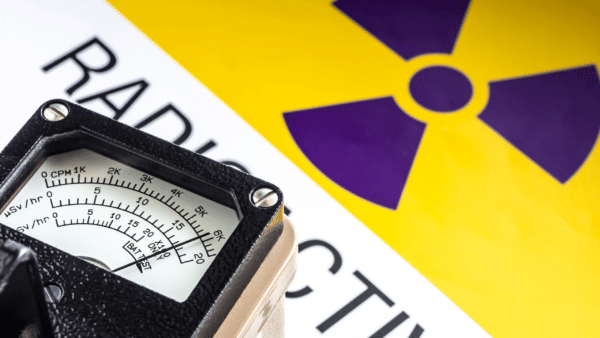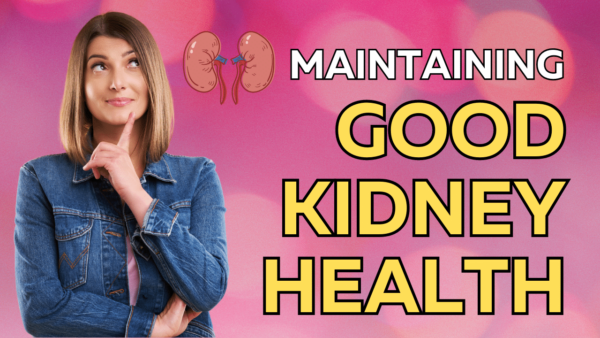Breast cancer, a common yet intricate health condition, manifests through a complex interplay of genetic, environmental, and lifestyle factors. Our comprehensive guide provides an in-depth exploration of these aspects, offering valuable insights and actionable steps to mitigate risks and promote overall breast health.
Genetic Predilections and Inherited Risks
Genetic mutations in the BRCA1 and BRCA2 genes are pivotal in elevating breast cancer risks. These mutations, often inherited, can significantly increase susceptibility. Comprehensive genetic testing and counseling empower individuals to understand their genetic landscape and adopt tailored preventive measures.

Hormonal Influences
Hormones, especially estrogen and progesterone, are integral to breast development and health. However, extended exposure to these hormones increases breast cancer risk. Factors contributing to prolonged hormonal exposure include early menstruation, late menopause, and hormone therapy.

Environmental and Lifestyle Factors
Environmental elements, including exposure to radiation and certain chemicals, can exacerbate breast cancer risks. Certain lifestyle choices, such as physical activity, diet, and alcohol consumption, shape an individual’s risk profile.
Diet and Nutrition
A balanced diet of vegetables, fruits, and whole grains fortifies the body against cancer. Limiting processed foods and red meat is essential in minimizing cancer risks.
Physical Activity
Regular exercise is a cornerstone in maintaining optimal breast health. It aids in hormonal balance, weight management, and the enhancement of immune functions.
Alcohol and Smoking
Moderte alcohol consumption and abstaining from smoking are pivotal. These substances can elevate cancer risks and impact overall wellness.

Personal and Reproductive Health History
Personal health history, including previous breast conditions and treatments, influences breast cancer risks. Women with a history of breast cancer or certain non-cancerous breast diseases may face heightened risks. Reproductive history, including age at first childbirth and number of pregnancies, also impacts risk.

Risk Mitigation Strategies
Regular Screenings and Self-Examinations
Early detection through regular mammograms and self-examinations is paramount. These practices facilitate timely interventions, enhancing treatment efficacy and outcomes. Also, getting regular blood screenings is a great way to catch early indicators.
Preventive Medications and Surgery
For those at heightened risk, preventive medications or surgeries like mastectomy or oophorectomy can be instrumental in risk reduction.
Concluding Insights
Breast cancer, while influenced by multifaceted factors, can be mitigated through informed, proactive measures. Understanding one’s unique risk profile, adopting a balanced lifestyle, and embracing regular screenings are vital steps toward safeguarding breast health and wellness. Each individual’s journey is distinct, and a personalized approach, rooted in knowledge and vigilance, is the linchpin for optimal outcomes.

